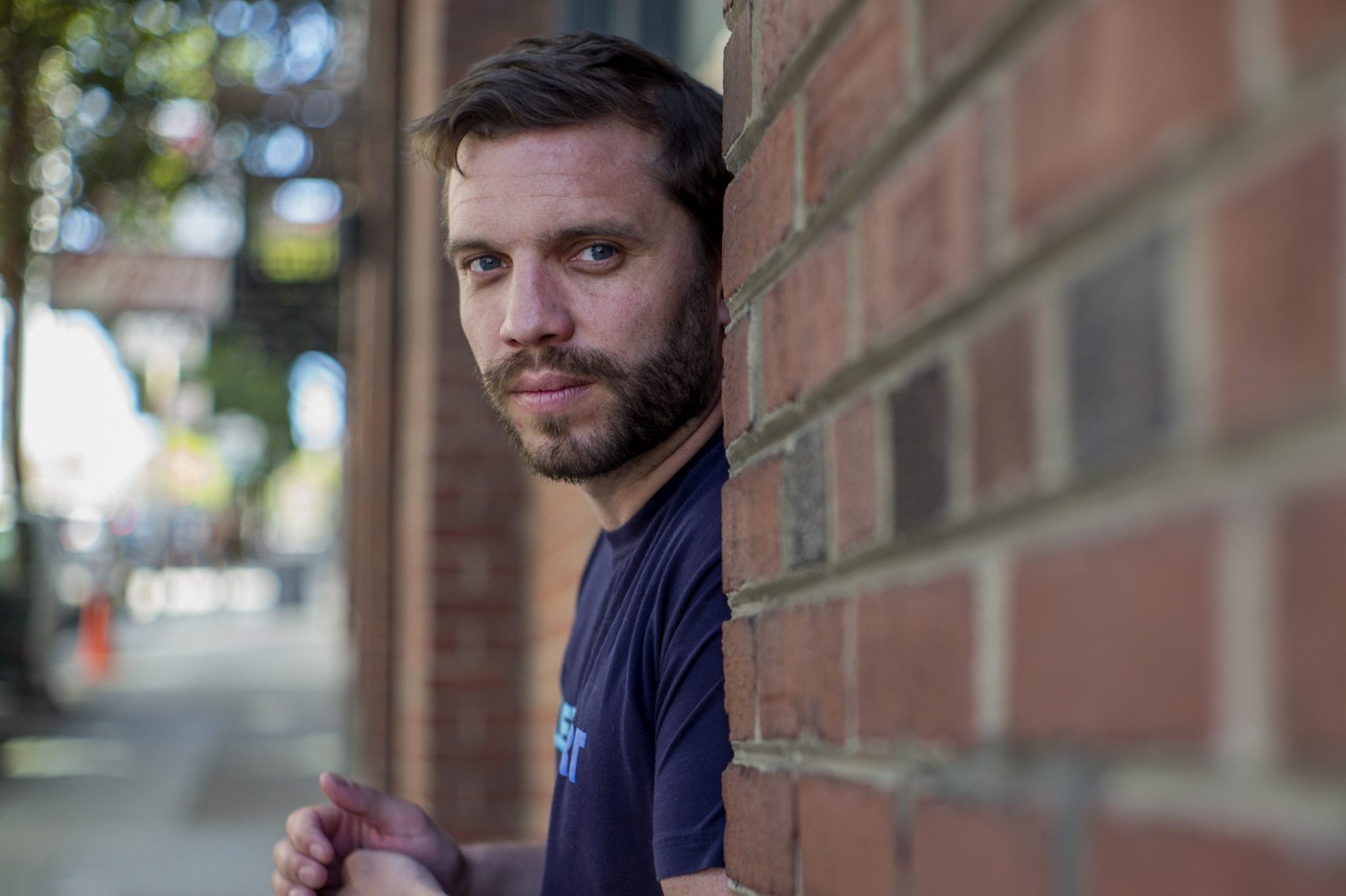Flexport CEO Ryan Petersen explains why he raised $260 million from Shopify


The digital-focused freight forwarder Flexport was riding high in early 2022. Its unicorn startup status had just been reconfirmed after raising nearly $1 billion at an $8 billion valuation. And the company was seen as an industry disrupter, having gained the backing of big-name investors including the VC firm Andreessen Horowitz and the e-commerce giant Shopify with its ambitious goal to “make global trade easier for everybody.”
A year later, though—after relatively weak shipping demand, rising interest rates, and some intermittent CEO drama—the situation has changed.
Flexport reportedly plans to lay off another 20% of its staff in the coming weeks, The Information reported Friday, citing unnamed sources within the company. Flexport did not address Fortune’s request for comment on The Information’s reporting in emailed correspondence. In an interview with Fortune the day before, Flexport’s CEO and founder Petersen said he had “nothing to report” on further job cuts, while noting that he’s “always streamlining costs.”
Flexport last cut 20% of its workforce in October 2023. Prior to that, it slashed 20% of its employees in January 2023, blaming “lower volumes” and “improved efficiencies.” If confirmed, the latest round of cuts would be the third in barely a year.
‘We spent too much money’
Petersen describes the staff cuts as a push for efficiency and profitability after an era of excess under the management of Dave Clark, the former CEO of Amazon’s worldwide consumer division, who helped build the e-commerce giant’s logistics juggernaut.
Clark was hired in June 2022 when Flexport was in the middle of a serious growth spurt. During his tenure, the Amazon veteran hired aggressively, invested heavily in developing proprietary technology, and made multiple acquisitions—all in hopes of building out a logistics network to rival Amazon’s fulfillment operations. But as Petersen explained, Clark may have been too aggressive.
“When Clark was CEO, we weren’t that disciplined,” Petersen told Fortune. “We were very focused on growth, very aggressive in hiring, building amazing technology, scaling like crazy, and we spent too much money. We’ve been kind of open about that.”
The spending spree was at least one of the reasons Clark didn’t last long at Flexport, resigning his CEO position in September 2023 after just over a year at the helm. Petersen, taking back the reins of the company he founded, then began focusing on profitability.
That’s one reason why the latest job cuts at Flexport, while substantial, aren’t entirely unexpected. Petersen described how his mindset was much different than Clark’s when he retook the CEO job back in September 2023. “We’re gonna go hardcore towards profitability, be much more disciplined, much more focused, and we’re gonna let some people go,” he told Fortune this week, recalling his thinking.
Giving confidence to nervous customers
Flexport has made big strides towards profitability since Petersen took over and began focusing on “controlling costs,” the CEO told Fortune this week, and it’s also looked to bolster its balance sheet.
On Jan. 22, Petersen and his team announced that they had raised $260 million from Shopify to continue building out their end-to-end logistics platform. After going on a hiring spree and giving up a 13% equity stake to acquire Shopify logistics during Dave Clark’s tenure, Petersen said he wanted to ensure Flexport would be in a good position even amid volatility in the shipping business.
“From a strategy standpoint, we’ve always believed in having a really strong balance sheet, because global trade is very uncertain,” he told Fortune. “Having that balance sheet lets you invest through the cycle, regardless of what happens. So we’re lucky to have good partners like Shopify investing on good terms. And so we saw it like, not necessary, but kind of important.”
There was also another major concern, Petersen said—and it had to do with Flexport’s customers’ confidence. Flexport has been in the news for all the wrong reasons over the past year, from job cuts to the CEO drama surrounding Clark, so Petersen wanted to show that his company is regaining its footing, and has the backers to prove it.
“There was also some nervousness from customers. And we felt like it’d be great to show we have a really strong ally in Shopify—a great strategic partner, a major investor in Flexport,” he told Fortune. “We wanted to be able to show our customers, ‘Hey, we’re open for business, this is a safe place to do business. So we felt like it was a really important message to send to our customer base more than anything else.”
Source link



